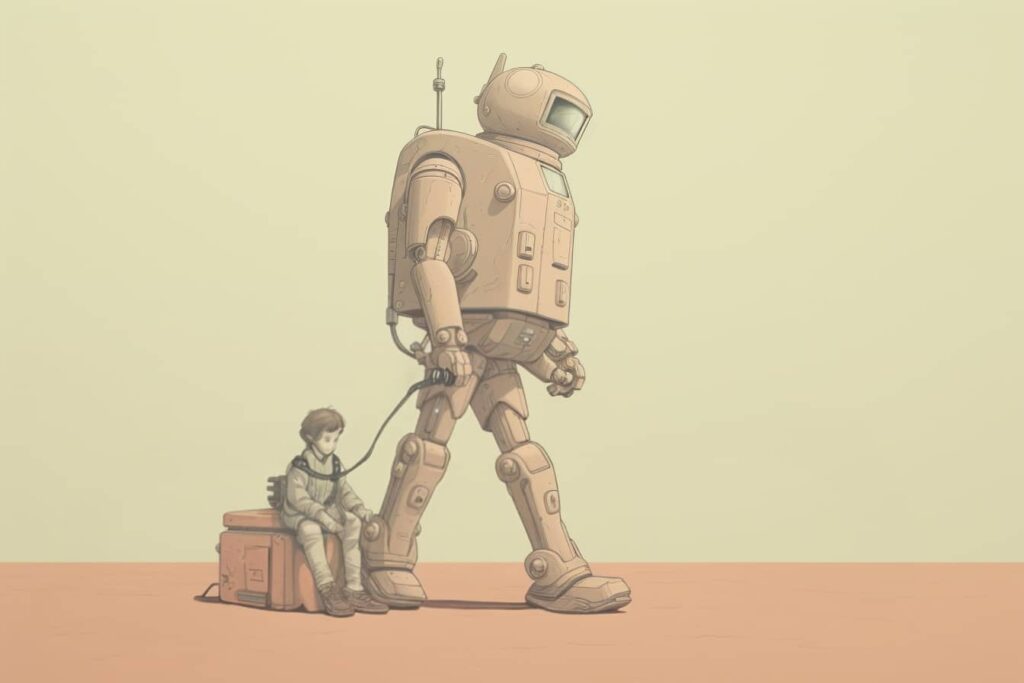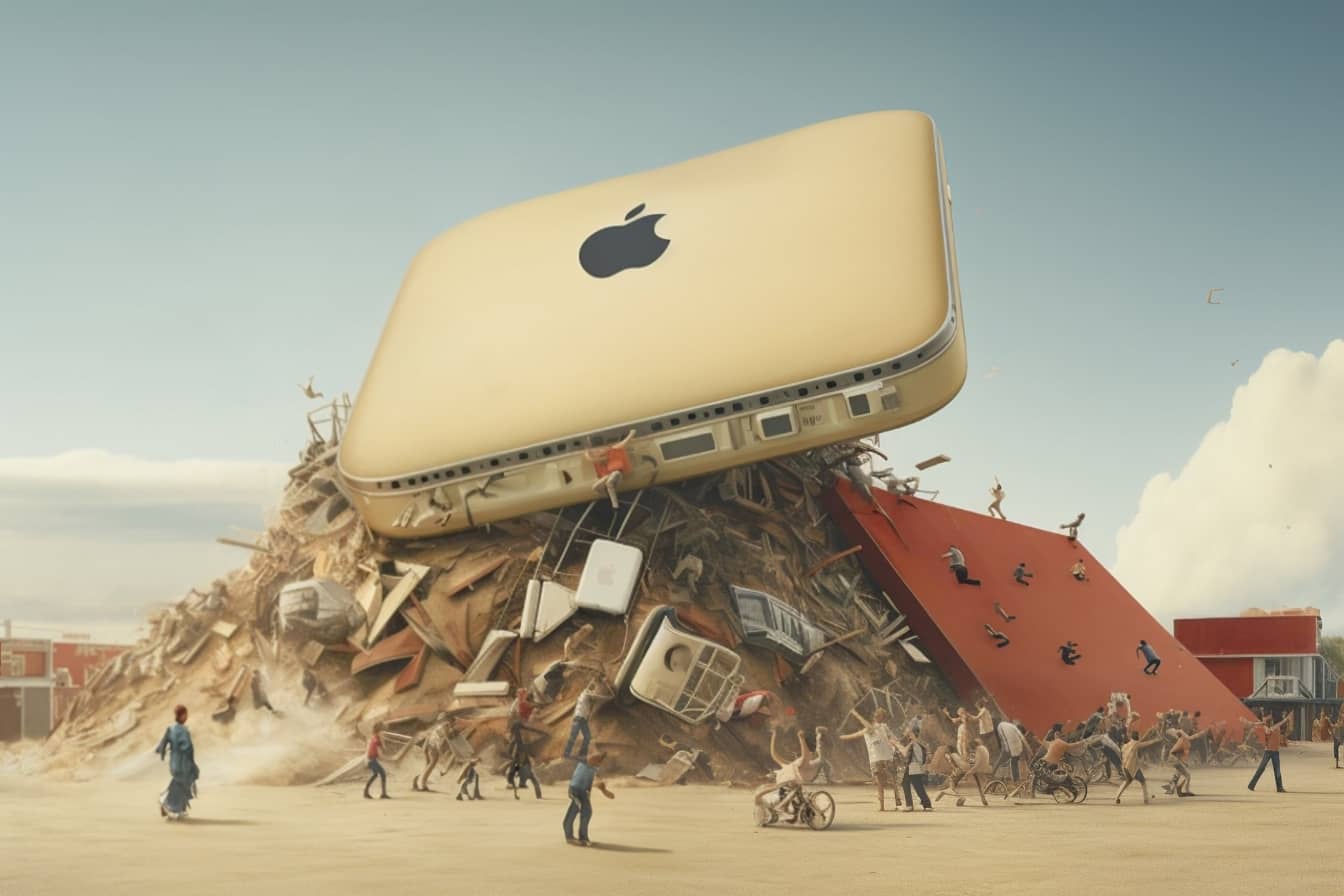The Greek economist Yanis Varoufakis (you may remember) developed a critical view of the economy and society, influenced by his growth in Greece under dictatorship and by his academic career, which led him to become Greek Finance Minister in 2015. In his latest book, “Technofeudalism: What Killed Capitalism“, Varoufakis analyzes the evolution of capitalism in the 21st century. And it is full of transformations and surprises.
The gist of his literary journey into the world "in system transition" (we also talked about it, for example here, or here) is that for Varoufakis capitalism, once also the engine of innovation and growth, has been transformed into a system that will favor fewer and fewer elected representatives. And it does not only make a critical analysis, but also a passionate appeal for radical change, so that technology and humanity can coexist in harmony.
The Birth of “Techno Feudalism”
On September 26 (curiously, two days before Varoufakis' book was presented) an article came out on Futuro Prossimo with the eloquent title: "Without a brake from the institutions, will AI lead to a private neo-feudalism?". Some time before, in February 2021, we talked about "Techno-Governments“. It's certainly not foresight, on the contrary.
This is a palpable trend, which anyone at different levels of interpretation can grasp. Varoufakis gives a unified direction to many different paths, also tracing the origins of this new system, which he defines as "techno-feudalism". With the advent of the Internet and digital platforms, we have witnessed a radical change in the way the economy works. Big technology companies, such as Amazon and Google, have begun to dominate the markets, not only as suppliers of goods and services, but as true "digital feudal lords", who control access to their platforms and impose their rules .
The end of traditional markets
According to Varoufakis, these tech giants have replaced traditional markets with digital platforms that look like markets but aren't. These platforms determine what we see, what we buy and how we interact, exerting unprecedented control over our lives. In this scenario, traditional capitalism becomes a “vassal” of these new overlords, dependent on their proprietary platforms to access markets.
I add another metaphor to the metaphor: the technology developed by Big Tech companies has bitten the hand of those who powered it. And now she lords it over her old master, capitalism.

The role of the algorithm
Key elements of this new system are algorithms. The algorithms of digital platforms not only determine what we see and buy, but also how we think and behave. Varoufakis highlights how this system of continuous feedback between users and algorithms is shaping our desires and behaviors, transforming us into “digital serfs” who unconsciously work for these new feudal lords.
And they already find themselves (as history repeats itself) having to negotiate for their freedom: maybe paying a "tax" which allows them not to give data to the platforms, to be reached by targeted and persuasive advertising.
The death of Capitalism has a precise date
Varoufakis identifies the 2008 financial crisis as a crucial moment in this transformation. The "quantitative easing" policies adopted by central banks to save the economy have ended up further fueling the growth of the technological giants, increasingly detaching the real economy from the financial one.
The recovery, partial and painful (Varoufakis himself knows something about this, given what he had to accept in his country) had not yet been completed when Covid appeared. And more money goes to very few categories: among these, the technology companies which today are stronger than ever. And they prepare (I don't know how much unconsciously or how consciously) the alternative to the models of political and economic governance that we know. The “subscription economy” will make them owners of our culture, of our free time. Of transport, communications, purchasing, logistics, and with the new projects underway (I'm thinking of X by Elon Musk, to Google Pay, Apple Pay, WeChat) also of our savings.
If we want, they can rent all these things to us. A bit like the use of land is granted: is the parallel with feudalism clear now?
After capitalism, from the frying pan to the fire? Proposals for a different future
Towards the end of the book, Varoufakis proposes some (radical) solutions to "redistribute" this technological wealth and re-establish a fairer economic balance.
Among these, the introduction of a model of universal micro-paymentsa Charter of Digital Rights and the use of digital technology to democratize businesses, with decisions made collectively by “employee-shareholders”. Or by the same companies with an artificial intelligence as CEO (the so-called DAO).
Proposals which, I'll be honest, in some cases represent "utopias 2.0". Yet it is also important to explore paths deemed impossible: Varoufakis invites us to reflect on the power we have as individuals and as a society to shape a future in which technology and humanity can coexist in harmony, a future in which freedom and democracy are more than simple words, but realities that are tangible and liveable by all.


